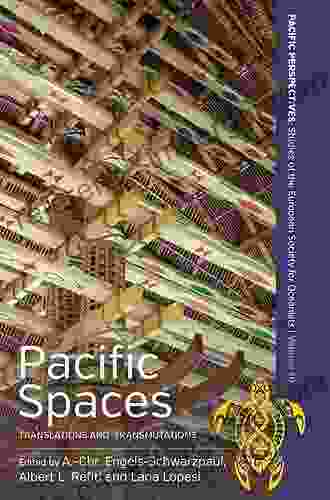Dispute Resolution Principles of the BRI
- Transparency and Predictability: Ensuring clear and accessible dispute resolution processes for all parties involved.
- Impartiality and Fairness: Guaranteeing an unbiased resolution process that treats all parties equitably.
- Mutual Trust and Cooperation: Encouraging parties to work together towards mutually acceptable solutions.
- Timeliness and Efficiency: Streamlining dispute resolution processes to avoid unnecessary delays and costs.
- International Standards and Best Practices: Adhering to globally recognized principles of dispute resolution, promoting consistency and fairness.
Dispute Resolution Mechanisms
The BRI dispute resolution framework comprises various mechanisms tailored to meet the specific needs of different disputes. These mechanisms include:
- Negotiation: Direct discussions between the parties to reach a mutually acceptable outcome.
- Mediation: A neutral third party facilitates dialogue and helps parties find common ground.
- Expert Determination: An independent expert provides a binding decision on specific technical or factual issues.
- Arbitration: A tribunal of arbitrators issues a binding decision that is enforceable by courts.
- Litigation: Disputes are resolved through national courts in accordance with applicable laws and regulations.
The selection of the appropriate dispute resolution mechanism depends on factors such as the nature of the dispute, the value of the contract, and the parties' preferences.
Enforcement of Dispute Resolutions
Once a dispute resolution mechanism has been selected and a decision has been rendered, it is crucial to ensure that the decision is effectively enforced. This is achieved through various means, including:
- Contractual Obligations: Parties to BRI projects are contractually bound to comply with the agreed dispute resolution procedures and abide by the decisions rendered.
- Legal Mechanisms: National and international laws provide mechanisms for enforcing arbitration awards and court judgments, ensuring that parties fulfill their obligations.
- International Cooperation: Bilateral and multilateral agreements between countries facilitate the recognition and enforcement of foreign judgments and arbitral awards.
Benefits of an Effective Dispute Resolution Mechanism
An effective dispute resolution mechanism provides numerous benefits for BRI projects, including:
- Risk Mitigation: Defines clear procedures for resolving disputes, minimizing uncertainties and risks for investors.
- Fair and Equitable Outcomes: Ensures that disputes are resolved in a transparent and impartial manner, protecting the interests of all parties.
- Preservation of Relationships: Promotes cooperative approaches to dispute resolution, minimizing disruptions to project implementation.
- Timeliness and Cost-Effectiveness: Streamlined dispute resolution processes save time and reduce legal costs.

























































































